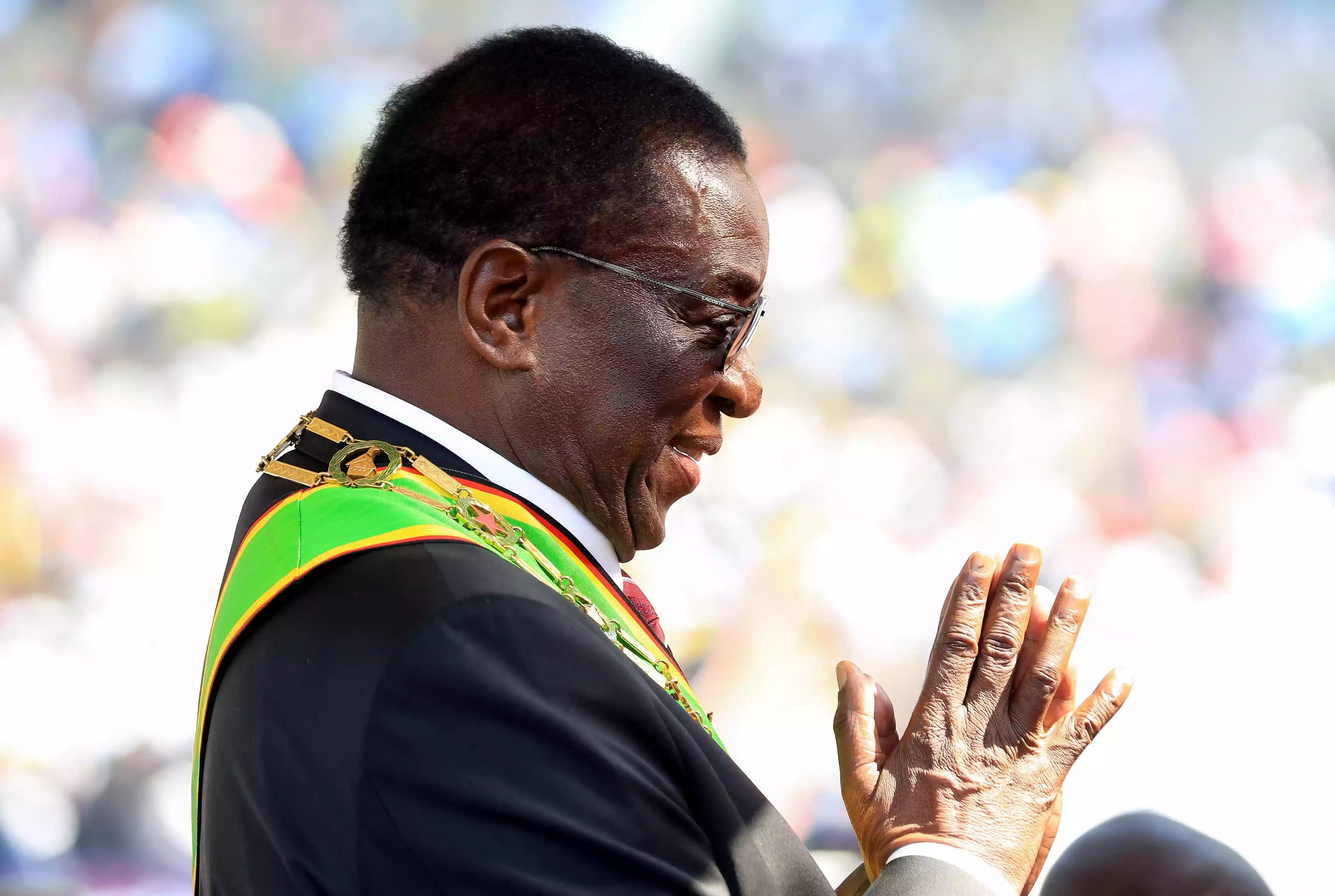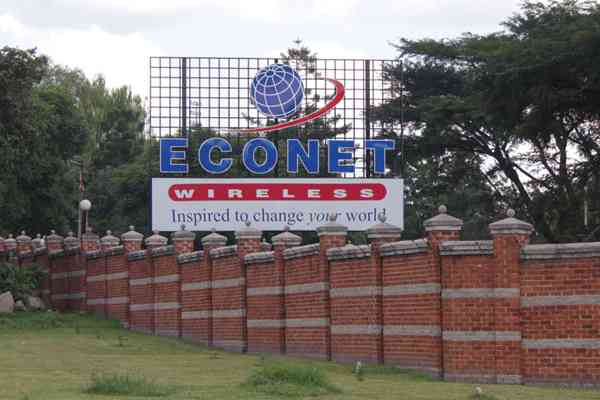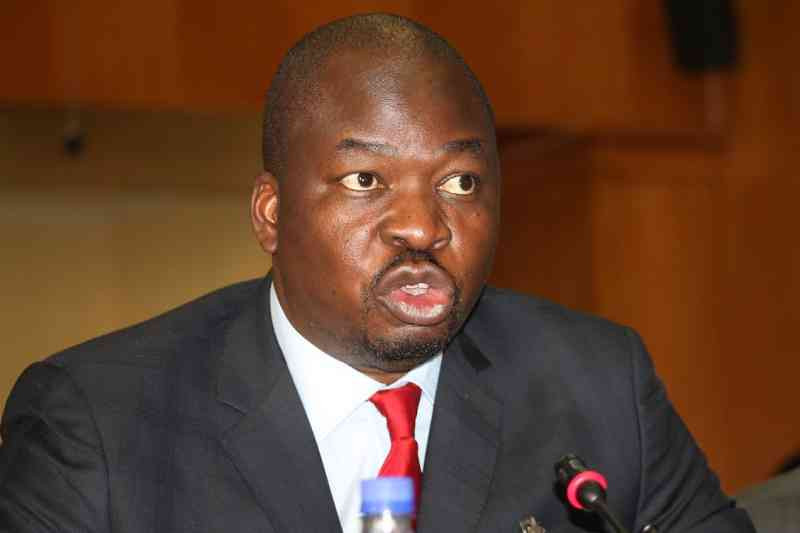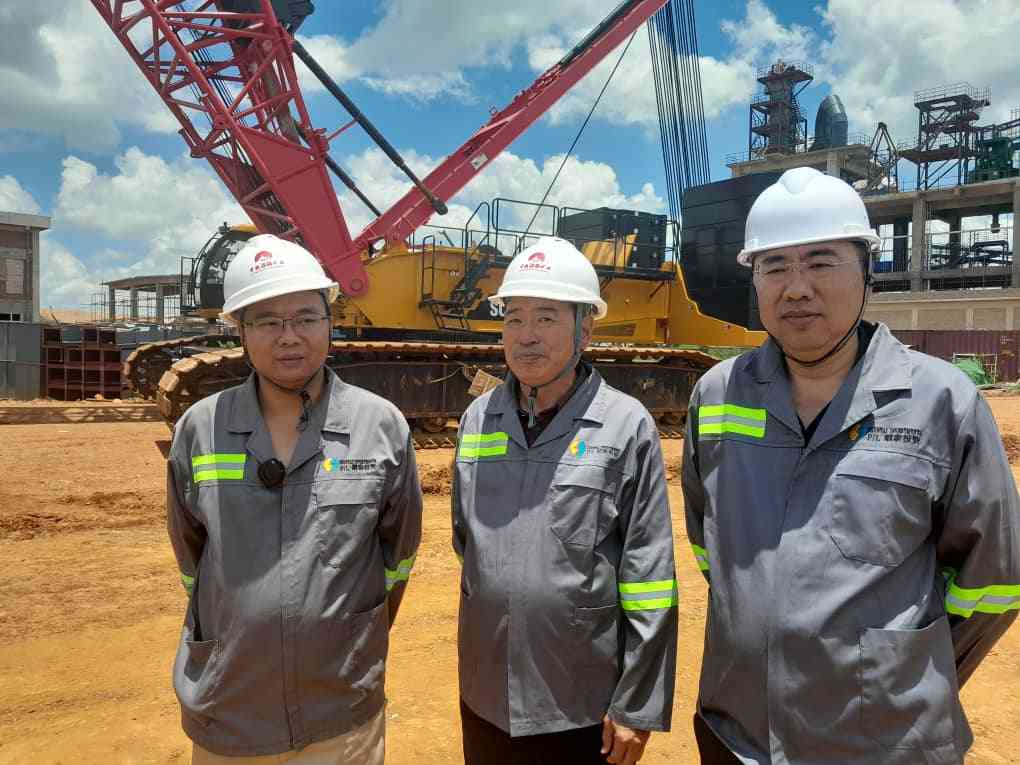
IT is high time we, as a nation, had a serious conversation about our vision. For too long, our national planning has been trapped in short-sighted five-year cycles, tied directly to election dates.
This focus on the immediate future is holding Zimbabwe back while other nations surge ahead. The fundamental problem with short-term vision is its inherent instability.
Policies change with each political season, creating no consistent path for development. This environment discourages both foreign investment and local business growth, as no one can confidently predict the economic landscape in a decade.
Furthermore, short-term plans are often designed to deliver quick, visible wins that can be used in the next campaign, rather than tackling complex, foundational issues that take years to solve.
This leads to a cycle of repetitive, superficial projects that never address the root causes of our challenges, such as infrastructure decay, educational standards and healthcare reform.
In stark contrast, progressive nations understand that true transformation requires patience and a steadfast commitment to the future. China, for instance, operates with a “China Dream” targeting 2049, a full century after its founding.
Similarly, other nations have 50 or 100-year visions for their energy, transport and technological development.
The immense benefit of such a long-term vision is that it transcends individuals and political parties. It becomes a national project, a shared destiny that every citizen and leader can work towards, regardless of who is in power.
- Mavhunga puts DeMbare into Chibuku quarterfinals
- The brains behind Matavire’s immortalisation
- Bulls to charge into Zimbabwe gold stocks
- Ndiraya concerned as goals dry up
Keep Reading
It fosters national unity, provides a clear and stable roadmap for everyone from entrepreneurs to educators and ensures that the sacrifices made today will benefit our children and grandchildren. Good leaders plan for the next generation, not just for their own time in office.
This brings us to the current, troubling situation. The recent suggestion to amend the constitution to extend President Emmerson Mnangagwa's term to 2030, supposedly to achieve his vision of a middle-income economy, perfectly illustrates the flaw in our system.
It implies that the nation’s destiny is tied to one individual. This is a dangerous notion. A genuine national vision should not collapse if a particular leader departs. Individuals come and go, but the country remains.
We must define what we want Zimbabwe to become in the next 50 or 100 years, so that every successive leader knows their role is to run with that established, enduring vision, not to invent their own.
The current trajectory is unsustainable and disrespectful to the constitution and the people of Zimbabwe.
We would also like to remind Zanu PF that the liberation struggle was waged for principles of justice, equality and democracy, not for lifetime presidencies.
To now spend political energy “butchering” the constitution to remove term limits betrays that very struggle.
True leadership is about grooming successors and building institutions that outlast any individual. We must break free from this short-term cycle and demand a visionary, lasting plan for Zimbabwe, one that belongs to its people, not its politicians.











